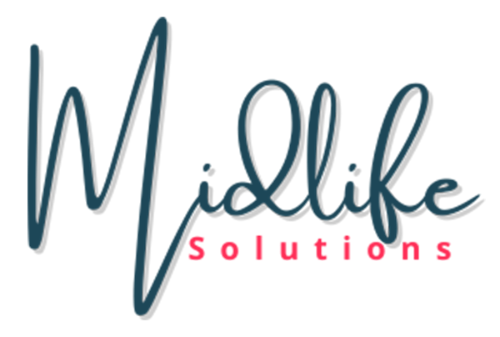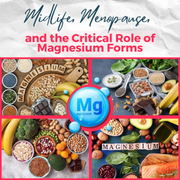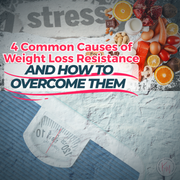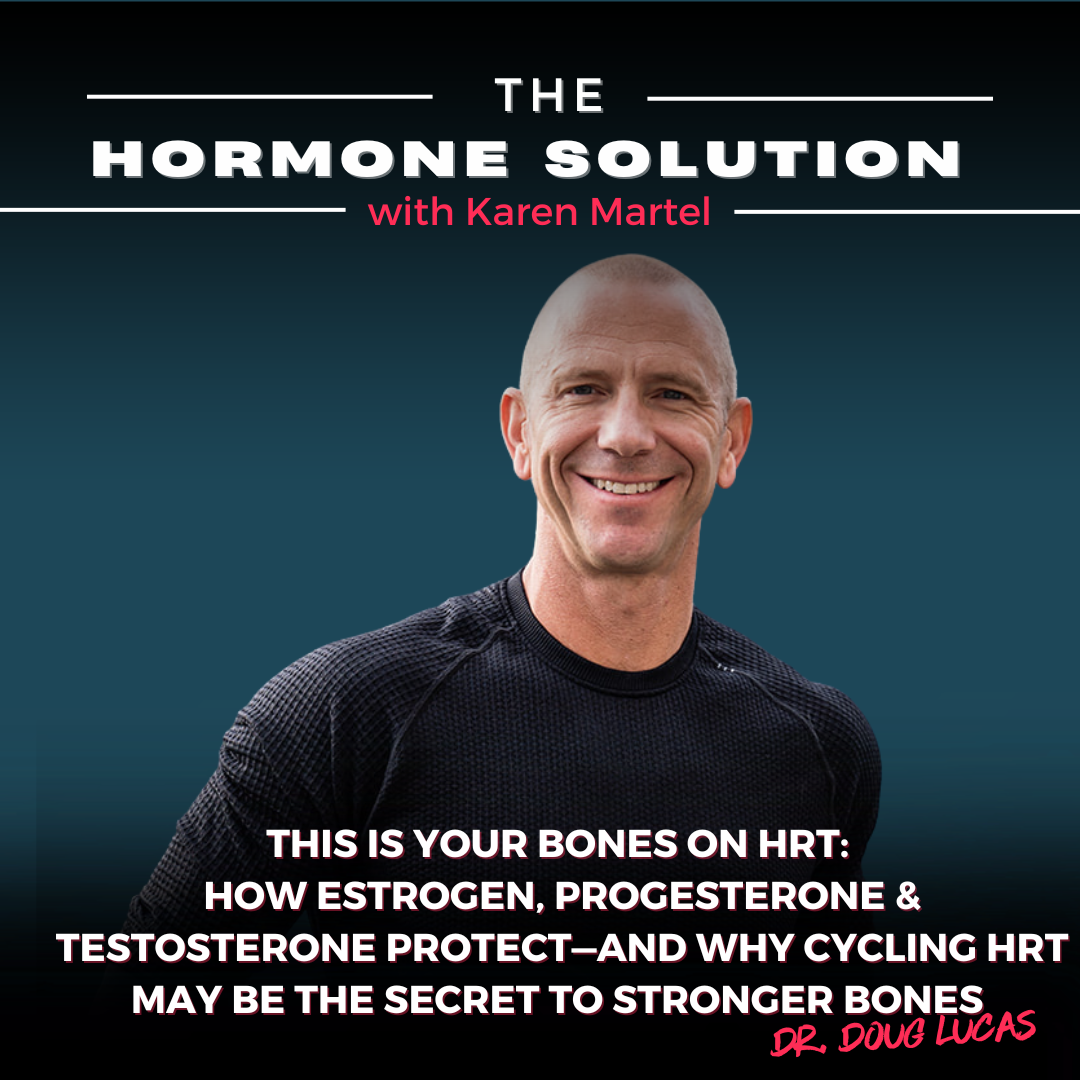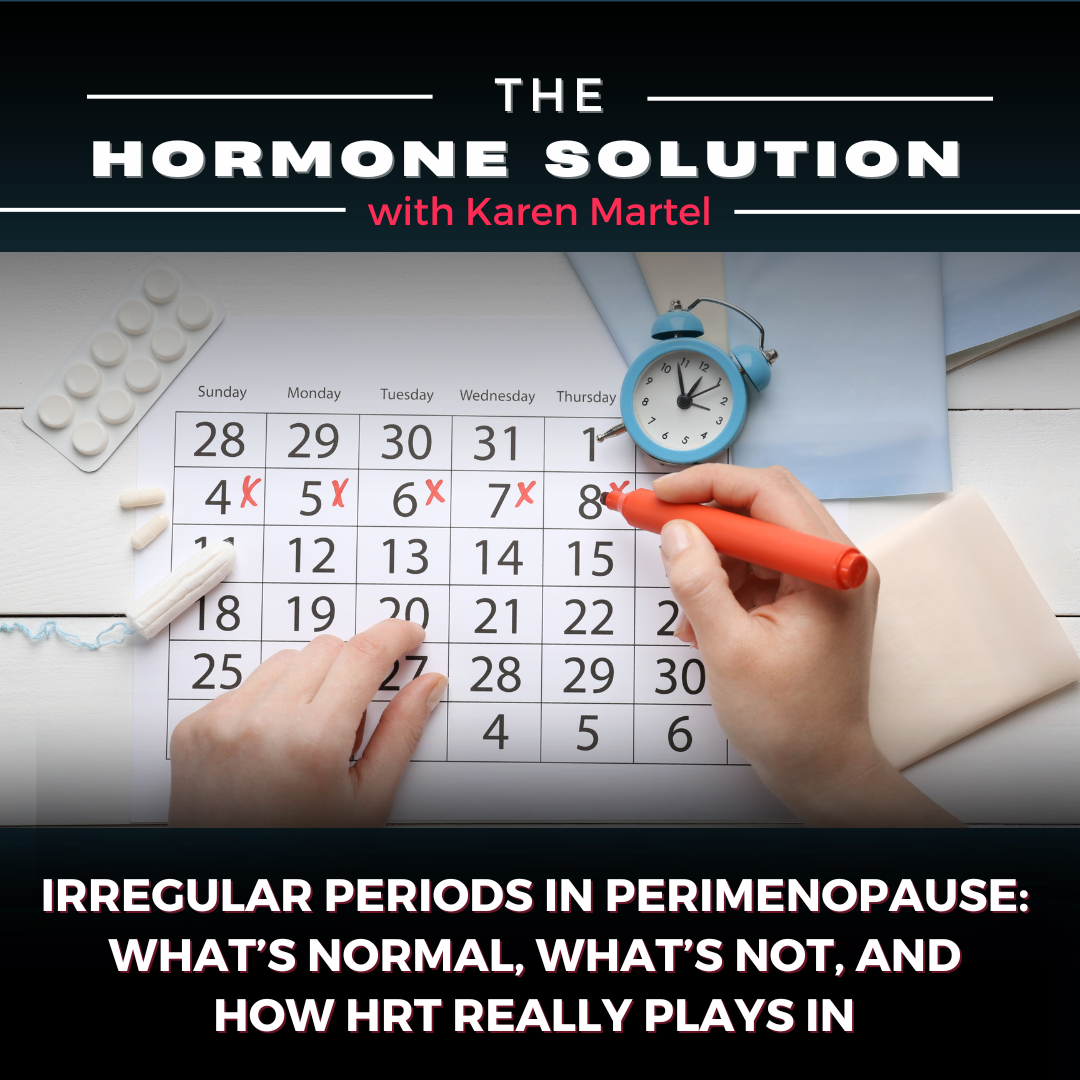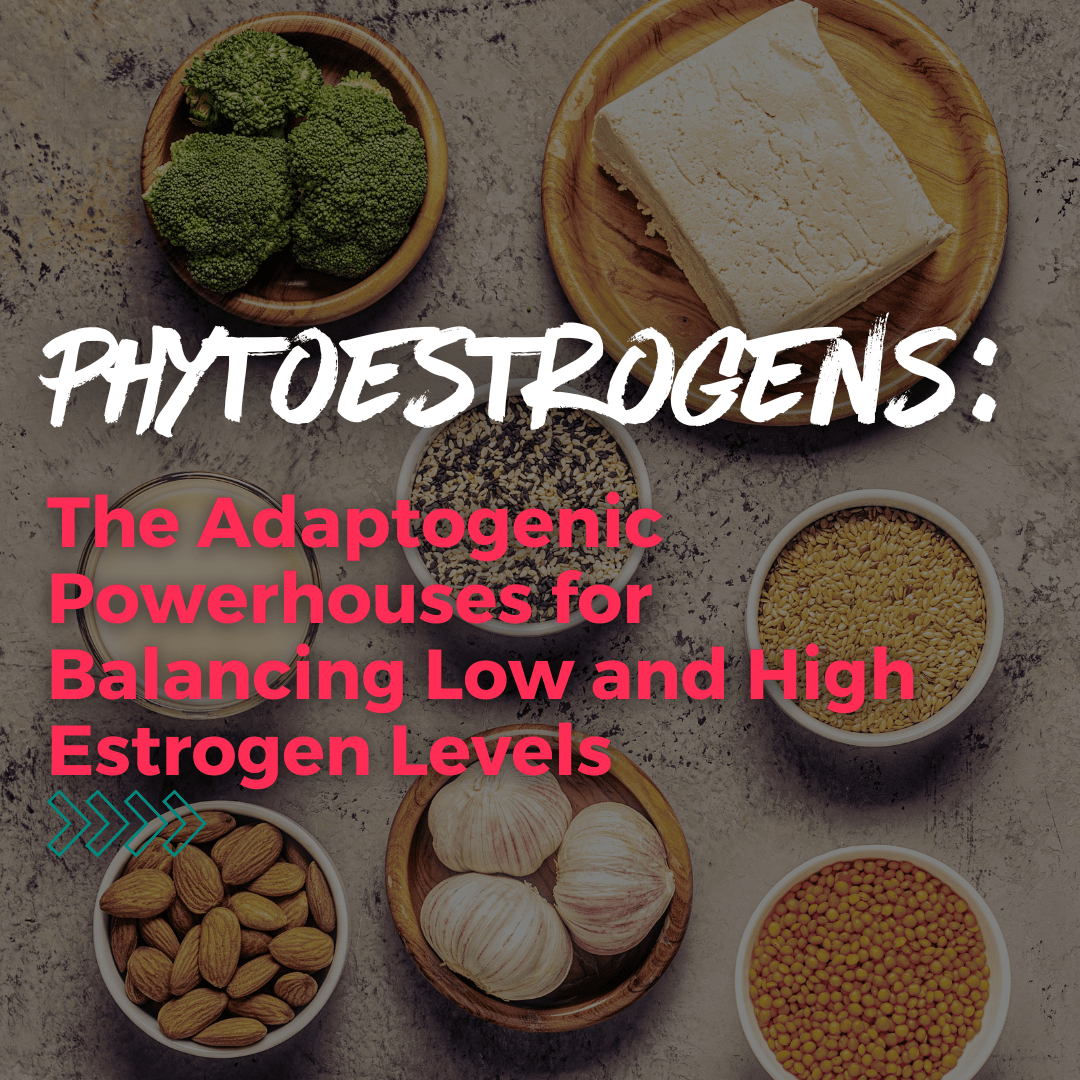
Phytoestrogens: The Adaptogenic Powerhouses for Balancing Low and High Estrogen Levels
Phytoestrogens are like nature's own little hormone helpers. These special nutrients are found in most plant foods, with isoflavones in soy and lignans in seeds, whole grains, legumes, fruits, and veggies. Despite their name, phytoestrogens aren't actually estrogen. Phytoestrogens are estrogen-like compounds derived from plants, which are structurally similar to 17β-estradiol. They interact with estrogen receptors, but they do so in a way that's more like a gentle nudge rather than a full-on embrace. This can be particularly beneficial for individuals with low estrogen levels, such as those going through menopause, as phytoestrogens can help alleviate some of the symptoms associated with this transition. They can also benefit women with too much estrogen! Phytoestrogens can help balance estradiol levels by exerting a mild estrogenic or anti-estrogenic effect, depending on the body's existing estrogen levels. Here's a more detailed explanation:
Mechanism of Action
- Mild Estrogenic Effect: In individuals with low estrogen levels, such as those experiencing menopause, phytoestrogens can mimic the action of estrogen, binding to estrogen receptors and partially activating them. This can help alleviate symptoms of low estrogen, such as hot flashes, night sweats, and mood swings.
- Anti-Estrogenic Effect: In cases where estrogen levels are high, phytoestrogens can compete with endogenous estrogens (like estradiol) for receptor binding. Since phytoestrogens are weaker than endogenous estrogens, they can reduce the overall estrogenic activity in the body. This competitive binding can help lower the activity of estradiol, potentially mitigating conditions associated with high estrogen levels, such as estrogen dominance.
Benefits for Lowering Estradiol
- Regulating Menstrual Cycles: For premenopausal women with irregular menstrual cycles due to high estradiol levels, phytoestrogens can help in regulating these cycles by balancing hormone levels.
- Managing Symptoms of Estrogen Dominance: Symptoms like weight gain, bloating, breast tenderness, and mood swings associated with estrogen dominance can be alleviated by the regulatory effects of phytoestrogens.
Sources of Phytoestrogens
It’s crucial to understand that for phytoestrogens to have a noticeable impact, they need to be consumed consistently and in relatively high quantities. Incorporating foods rich in phytoestrogens, like soy products, flaxseeds, and certain legumes, into your daily diet is necessary to achieve any measurable effects.
To effectively utilize phytoestrogens for balancing estradiol levels, consider incorporating the following foods into your diet:
- Soy Products: Tofu, tempeh, soy milk, and edamame are rich in isoflavones, a type of phytoestrogen.
- Flaxseeds: High in lignans, another type of phytoestrogen, flaxseeds can be added to smoothies, cereals, or baked goods.
- Legumes: Chickpeas, lentils, and beans are good sources of phytoestrogens.
- Nuts and Seeds: Sesame seeds and sunflower seeds contain phytoestrogens.
- Whole Grains: Oats, barley, and whole wheat also provide phytoestrogens.
Consistency and Quantity
In summary, phytoestrogens can play a crucial role in regulating estradiol levels, offering benefits for both low and high estrogen conditions. By including phytoestrogen-rich foods in your diet, you can support your hormonal health and alleviate symptoms associated with estrogen imbalance.
There you have it! Phytoestrogens can be a powerful tool in managing your hormonal health, but like anything, balance is key. You can join thousands of women on this journey! Visit www.karenmartel.com. Happy hormone balancing!

Find Karen Martel on Apply Podcast
Karen Martel is a Certified Hormone Specialist and Transformational Nutrition Coach dedicated to empowering women through their health journeys.
As the host of the popular podcast The Hormone Solution, Karen tackles the complexities of hormonal health, weight loss resistance, and the challenges that come with perimenopause and menopause.
Her mission is to disrupt outdated narratives surrounding women's health, providing reliable information and practical solutions that help women reclaim their vitality.
Tune in to discover how to embrace life's stages while enhancing overall well-being.
